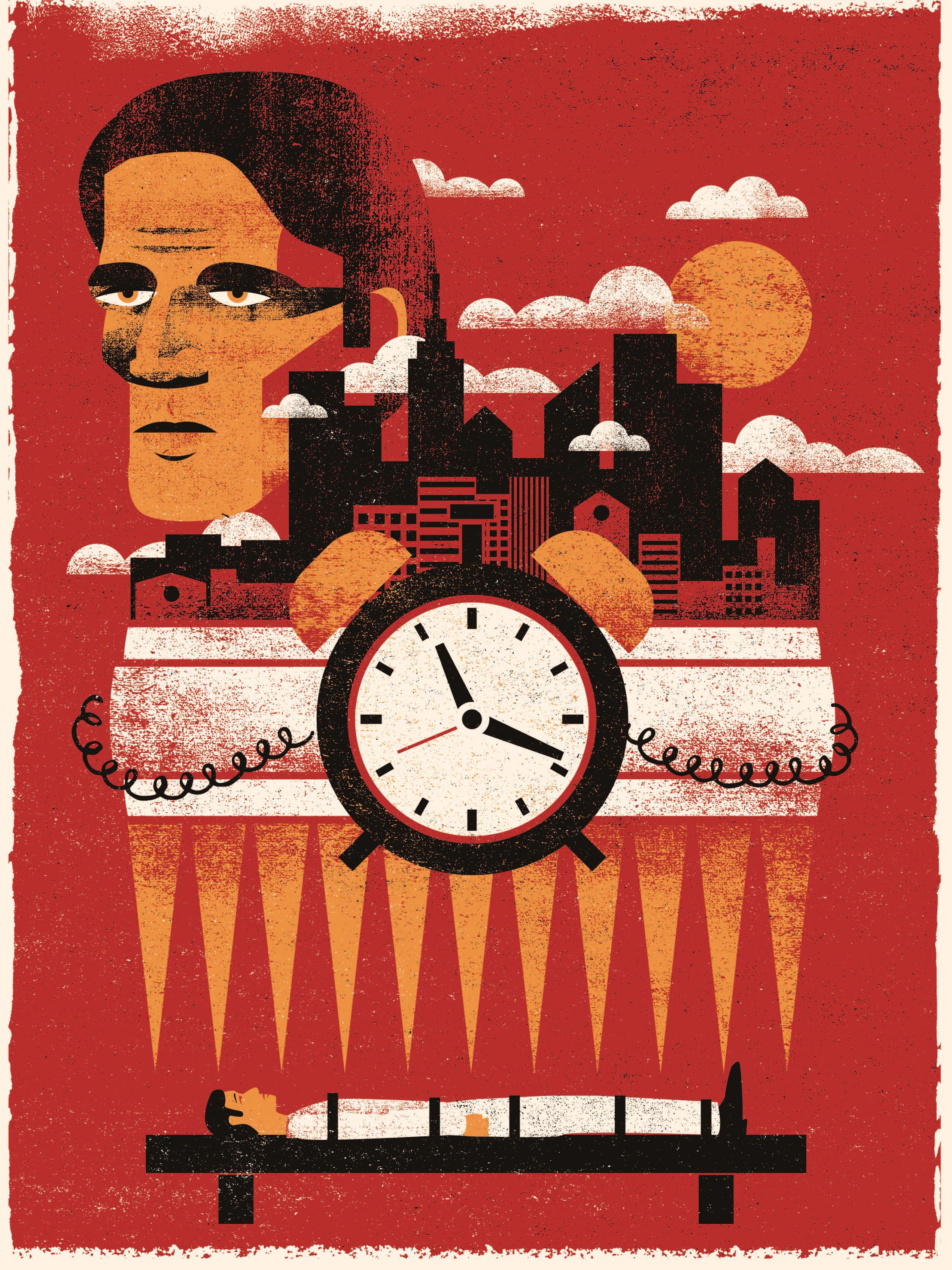Versuchen GOLD - Frei
Torture & Ticking Bombs
Philosophy Now
|December 2023 / January 2024
Edward Hall is sceptical about this infamous ethical example's usefulness.

Philosophers love thought experiments, and few have been as influential in contemporary moral and political philosophy as ‘the ticking bomb’. The idea was famously employed by Michael Walzer in his seminal treatment of the problem of dirty hands (Political Action, 1973), and has been the topic of heated discussion ever since.
Walzer considers the case of a newly-elected politician asked to authorise the torture of a captured rebel leader who knows the location of a number of bombs that have been hidden in buildings around the city. If they detonate, they will cause enormous suffering. According to Walzer, in this case, the politician should violate the moral prohibition against torture, even though they accept that ‘‘torture is wrong, indeed abominable, not just sometimes, but always.’’ The unfortunate reality is that political leadership sometimes demands morally tragic decision-making, and leaders who refuse to authorise torture in these circumstances display a dishonourable kind of squeamishness unbefitting their role.
The ticking bomb is commonly invoked to justify torturing terrorist suspects, and the thought experiment pervades media discussion of this issue. It has also been invoked by holders of high office. For example, when giving evidence to the Intelligence and Security Committee of the UK Parliament, a number of prominent British politicians, including former Prime Ministers Boris Johnson and Theresa May, and former Senior Ministers Phillip Hammond and Amber Rudd, invoked ticking bomb scenarios in defence of the possibility of authorising torture and other forms of cruel and degrading punishment, under some circumstances.
Diese Geschichte stammt aus der December 2023 / January 2024-Ausgabe von Philosophy Now.
Abonnieren Sie Magzter GOLD, um auf Tausende kuratierter Premium-Geschichten und über 9.000 Zeitschriften und Zeitungen zuzugreifen.
Sie sind bereits Abonnent? Anmelden
WEITERE GESCHICHTEN VON Philosophy Now

Philosophy Now
The Possibility- Bearing Animal
Raymond Tallis explores a twilight zone.
7 mins
February/March 2026

Philosophy Now
Amazing Times at the Pub Agora
John Douglas Mullen is a philosophical bar fly on the wall.
8 mins
February/March 2026

Philosophy Now
Friedrich Nietzsche (1844-1900)
Hilarius Bogbinder considers the all too human life of the notorious iconoclast.
11 mins
February/March 2026

Philosophy Now
Heisenberg's Philosophy of Quantum Mechanics
Kanan Purkayastha explains how Werner Heisenberg's 1925 paper turned the quantum theory of the early 1900s into the quantum mechanics of today.
10 mins
February/March 2026

Philosophy Now
Cicero & the Ideal of Virtue
Abdullah Shaikh explores Cicero's ideas about the core Roman principle of virtus.
13 mins
February/March 2026

Philosophy Now
ROPE
Les Jones has a Nietzschean take on a Hitchcock thriller.
6 mins
February/March 2026
Philosophy Now
What Have the Romans Ever Done For Us?
Salve! This issue's theme is Roman Philosophy. But as the rebels in Monty Python's Life of Brian asked, what have the Romans ever done for us? The question seems relevant here; we are philosophers, not archaeologists.
2 mins
February/March 2026

Philosophy Now
Paul Guyer
Paul Guyer is an American philosopher and a leading scholar of both Immanuel Kant and aesthetics. AmirAli Maleki interviews him about Kant's political and moral vision.
9 mins
February/March 2026

Philosophy Now
Identity in the Age of Connectivity
Sara Asran explores the dynamics of identity online.
6 mins
February/March 2026

Philosophy Now
A Very Short History of Critical Thinking
Luc de Brabandere summarises a long history through key figures of thought.
7 mins
February/March 2026
Translate
Change font size
